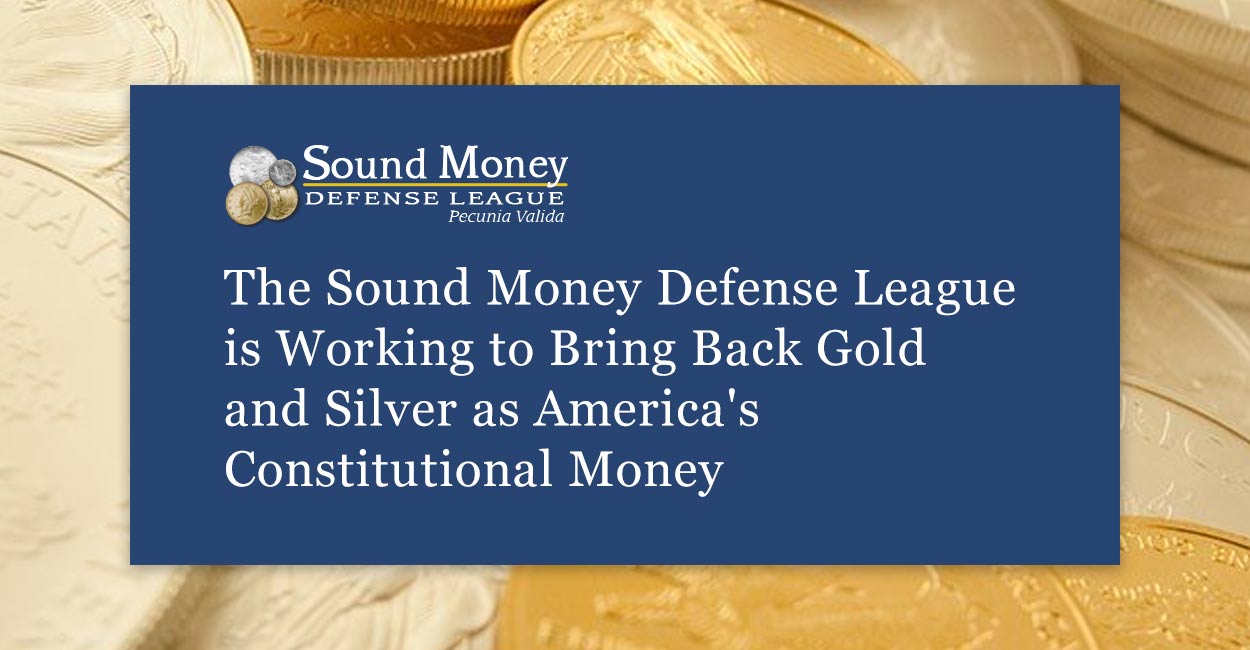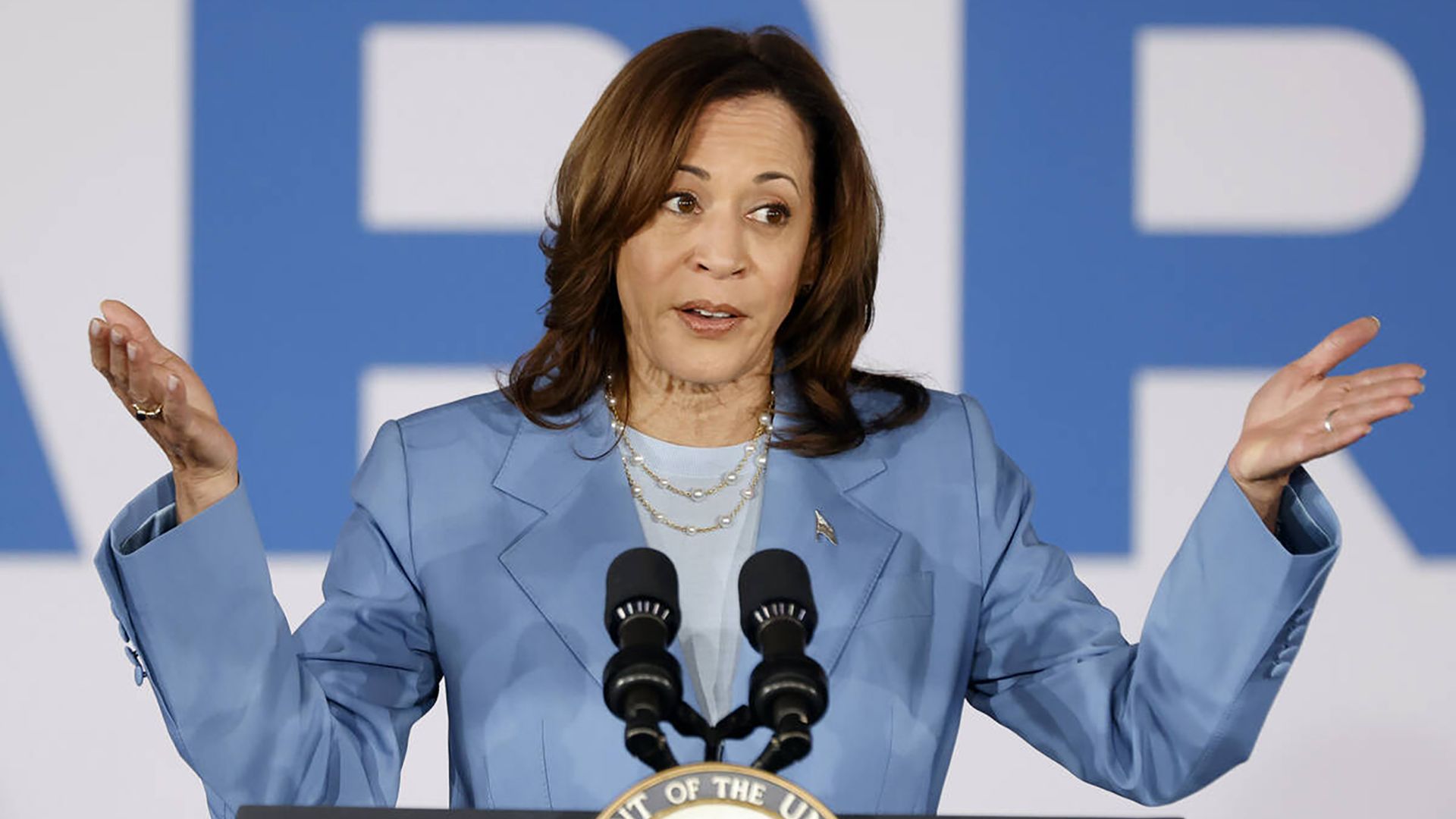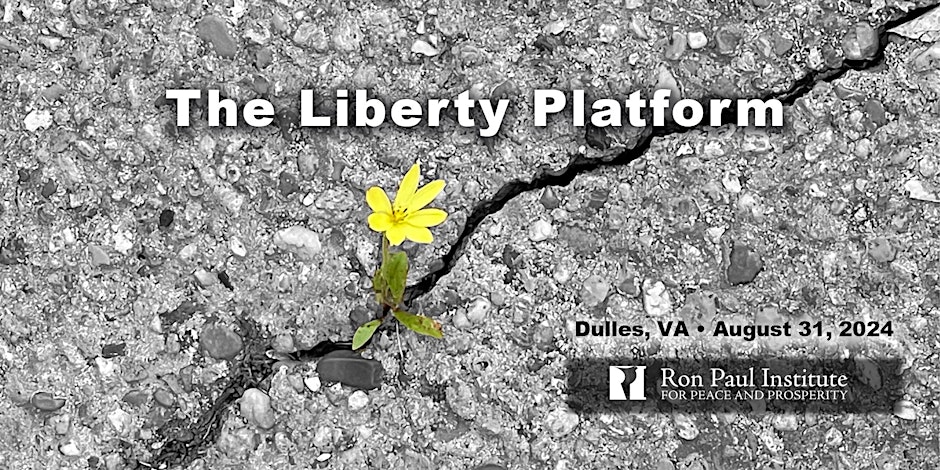The United States Constitution specifies that gold and silver are money. “No State shall … make any Thing but gold and silver Coin a Tender in Payment of Debts,” declares the Constitution. Further, one of the enumerated powers the Constitution lists for the US Congress is the power to “coin Money” (not print money) and “regulate the Value thereof.” Indeed, coining money containing gold and silver was ordered by the new US Congress via the Coinage Act of 1792. Lower value coins such as pennies and half pennies containing copper also circulated.
Using gold and silver as money put restraint on government spending. Coins could only be produced if the precious metals were first obtained. And there was a limit to the circulation of paper currency as well so long as it was certificates holders could redeem for gold or silver. Print too much, and the currency would collapse in value with the failure to honor redemption.
Today, however, US currency and coins are far removed from the nature envisioned in the Constitution. Gold coins were withdrawn in the 1930s. Then, in the 1960s silver was replaced in half dollar, quarter, and dime coins. Most of the copper was replaced with zinc in pennies in the 1980s. Nickels themselves may soon be made mainly of something other than copper and nickel as nickels now have a metal value higher than their face value. As far as half pennies, it is long past the time new ones have been made or any are seen routinely in circulation.
Without the discipline imposed by gold and silver, inflation has been so extreme that the 1960s and earlier coins containing silver are now, measured in dollars, worth over twenty times their face value; the amount is over one hundred times for gold coins from the 1930s and earlier.
In short, the American people have been robbed. The Constitution was supposed to protect them, but in the end it did not.
There is some hope for a return to sound money — money held in check by its precious metals content. Some of this hope arises from action in state governments to remove barriers to the practicality of people using gold and silver as money. One key action is eliminating the taxation of gold and silver upon its sale or exchange. Jp Cortez wrote last week at the Mises Institute about Nebraska becoming the 12th state to eliminate state capital gains taxes on sales and exchanges of gold and silver.
Also last week, Rep. Alex Mooney (R-WV) reintroduced his Monetary Metals Tax Neutrality Act (HR 8279) in the US House of Representatives. The bill seeks to remove the US capital gains tax burden from gold and silver sales and exchanges. A press release from the Sound Money Defense League, where Cortez works as executive director, quotes Mooney as follows regarding his bill:
‘My view, which is backed up by language in the U.S. Constitution, is that gold and silver coins are money and are legal tender,’ Rep. Mooney said.
‘If they’re indeed U.S. money, it seems there should be no taxes on them at all. So, why are we taxing these coins as collectibles?’
Right on. Hopefully, more states will keep eliminating taxes on gold and silver sales and exchanges, along with other legal measures inhibiting the holding and using of precious metals. And, hopefully, majority support will emerge in the US Congress for reinstating respect for constitutionally supported sound money.





